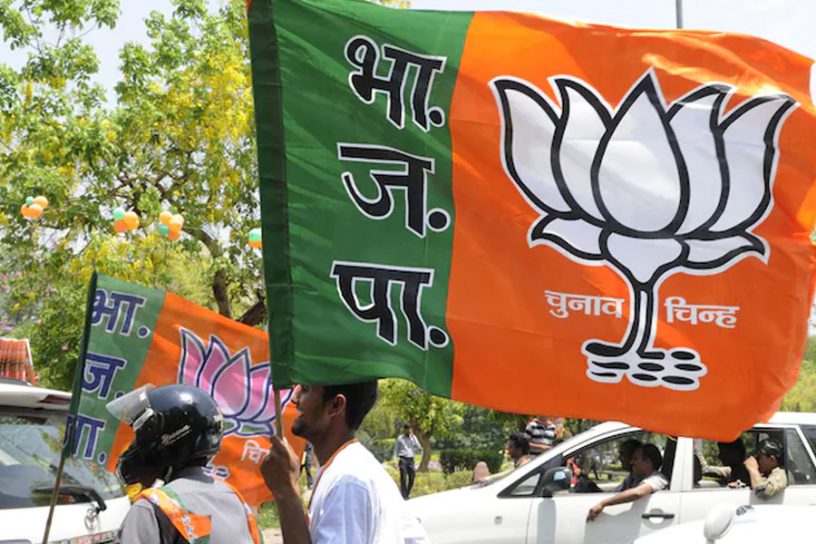
Political developments in India’s smallest state mirror broader national trends where the line between the mainstream Hindu nationalism of the BJP and the more radical ‘fringe groups’ is becoming increasingly blurred.
Authors
Jigisha Bhattacharya, O.P. Jindal Global University, Sonipat, Haryana, India.
Kenneth Bo Nielsen, Department of Social Anthropology, University of Oslo, Oslo, Norway.
Solano Da Silva, Department of Humanities and Social Sciences, BITS-Pilani, KK Birla Goa Campus, Goa, India.
Summary
In this viewpoint article, we analyse the heated controversy that unfolded in 2022 over who should be considered Goa’s patron saint: St. Francis Xavier or Bhagwan Parshuram. The controversy was sparked by a Hindu right organization named Hindu Raksha Maha Aghadi and its release of what it – with allusions to Vivek Agnihotri’s blockbuster ‘The Kashmir files’ – presented as ‘the Goa files’.
These files ostensibly sought to bring to light the forced conversion of Goans to Catholicism under colonial rule, alongside other atrocities committed by Portuguese colonialists during their 450 years of rule in Goa.
Taking our point of departure in an analysis of the contemporary symbolisms and political uses of Lord Parshuram both within and beyond Goa, coupled with an examination of the activities of Hindu nationalist groups in the state, we show how the campaign centred on Lord Parshuram and the ‘Goa Files’ were intended to produce communal polarization and further the Hindutva agenda in Goa. In this regard, political developments in India’s smallest state mirror broader national trends where the line between the mainstream Hindu nationalism of the BJP and the more radical ‘fringe groups’ is becoming increasingly blurred.
Published in: Contemporary South Asia
To read the full article, please click here.


